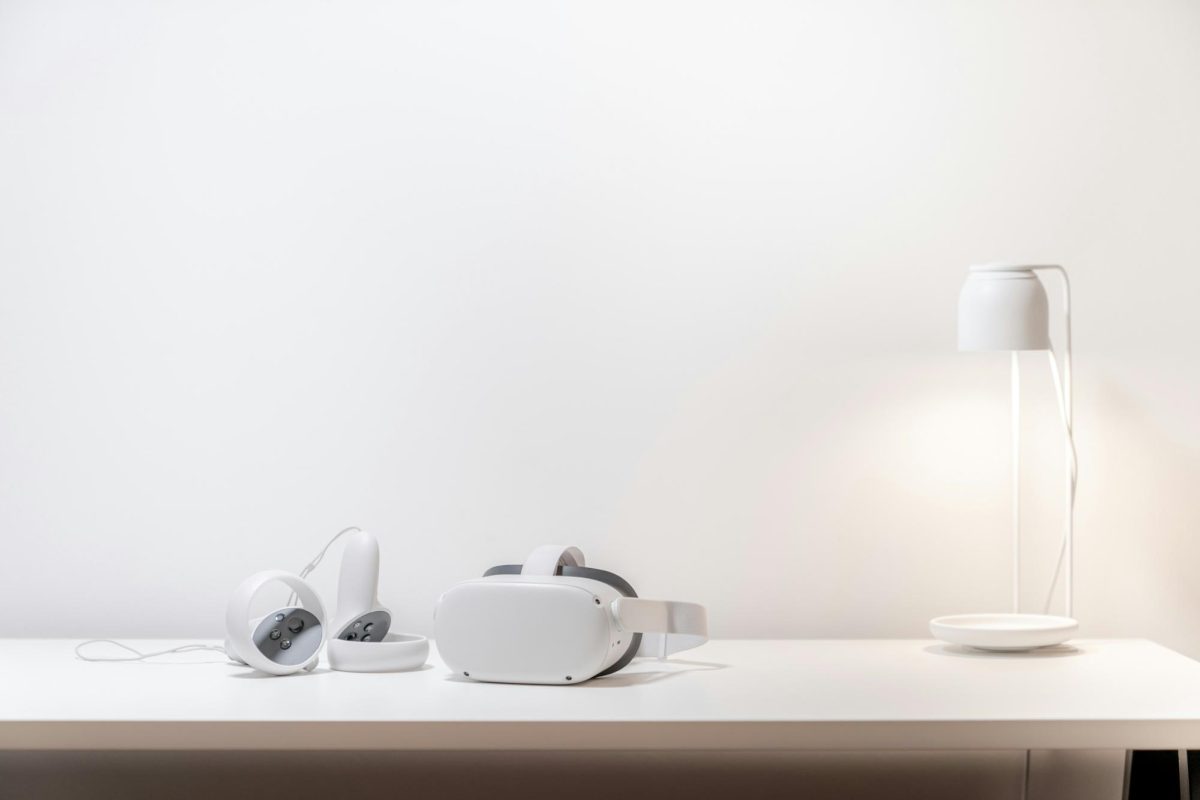A few moments in the Student Union bathroom reveal multiple truths. The first is we all have to go. Most of us also use our phones when we have to go. We all seem afraid of silence or boredom; we always need something in front of us with light or sound.
While walking around campus, how many ears without headphones will you find? How likely are you to be simply alone – confronted with your surroundings and the torrents of your thoughts? How content are you with this?
Whether you’re on your phone while using the bathroom or scrolling Twitter while brushing your teeth, are you worried that these habits prevent you from being happy with yourself? I am. My concern is not that I’m doom scrolling or demolishing my attention span, but that true solitude is so frightening and yet so necessary.
One study found that solitude improves one’s empathy. In a sense, being alone prepares us for when we are not alone. According to the New York Times, solitude also helps with emotional regulation and stress levels.
Despite how difficult it is, letting your mind wander is essential for taking stock of your decisions and emotions. Being alone allows you to engage in meta-cognition, or thinking critically about your thoughts. In the high-stress world of academics, it is essential to ask yourself a question that TikTok cannot, “Am I really okay?”
Solitary thinking is a powerful productivity booster. Studies have shown that workers are more productive when they are alone. If you are stressed with a lot on your plate, relishing in these moments of loneliness is crucial.
Take the time to figure out what you need to get done, how you are going to get it done and why you value these goals. Don’t view these isolated moments as something to push through. Instead, view them as tools to get more out of your day.
Despite these benefits, isolation is not all that fun. A 2014 study found that instead of being alone with their thoughts, most participants preferred administering electric shocks to themselves. As human development professor Reed Larson states, “Being alone [is] not a particularly happy state. It’s kind of like bitter medicine.”
Here lies the struggle of purposeful isolation: no one’s going to force you to take this medicine but yourself. When the time comes, will you confront the phoneless bathroom trip? Will you leave your AirPods behind and walk to class alone, unengaged and stressed beyond measure? Or will you blast music in the shower and unknowingly trudge back to Twitter while brushing your teeth?
Our habitual need to avoid being alone, even for a short period of time, is ruining us. At least, it was ruining me. With digital distractions occupying my interludes of unproductivity, I couldn’t figure out why I couldn’t figure anything out. Now, with my “bitter medicine,” I’m one step closer to doing so.
Elliot Hajjaj can be reached at [email protected].



















